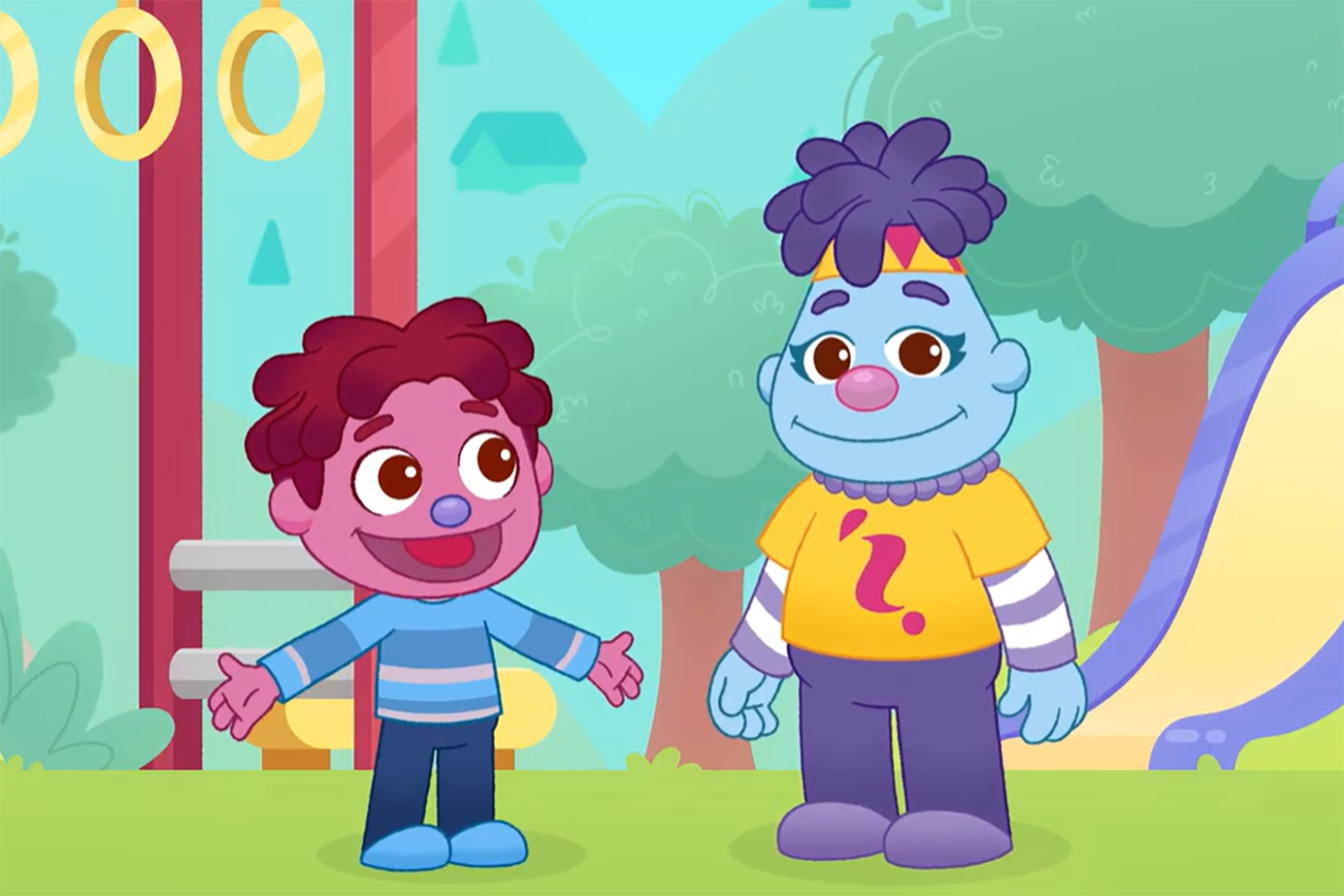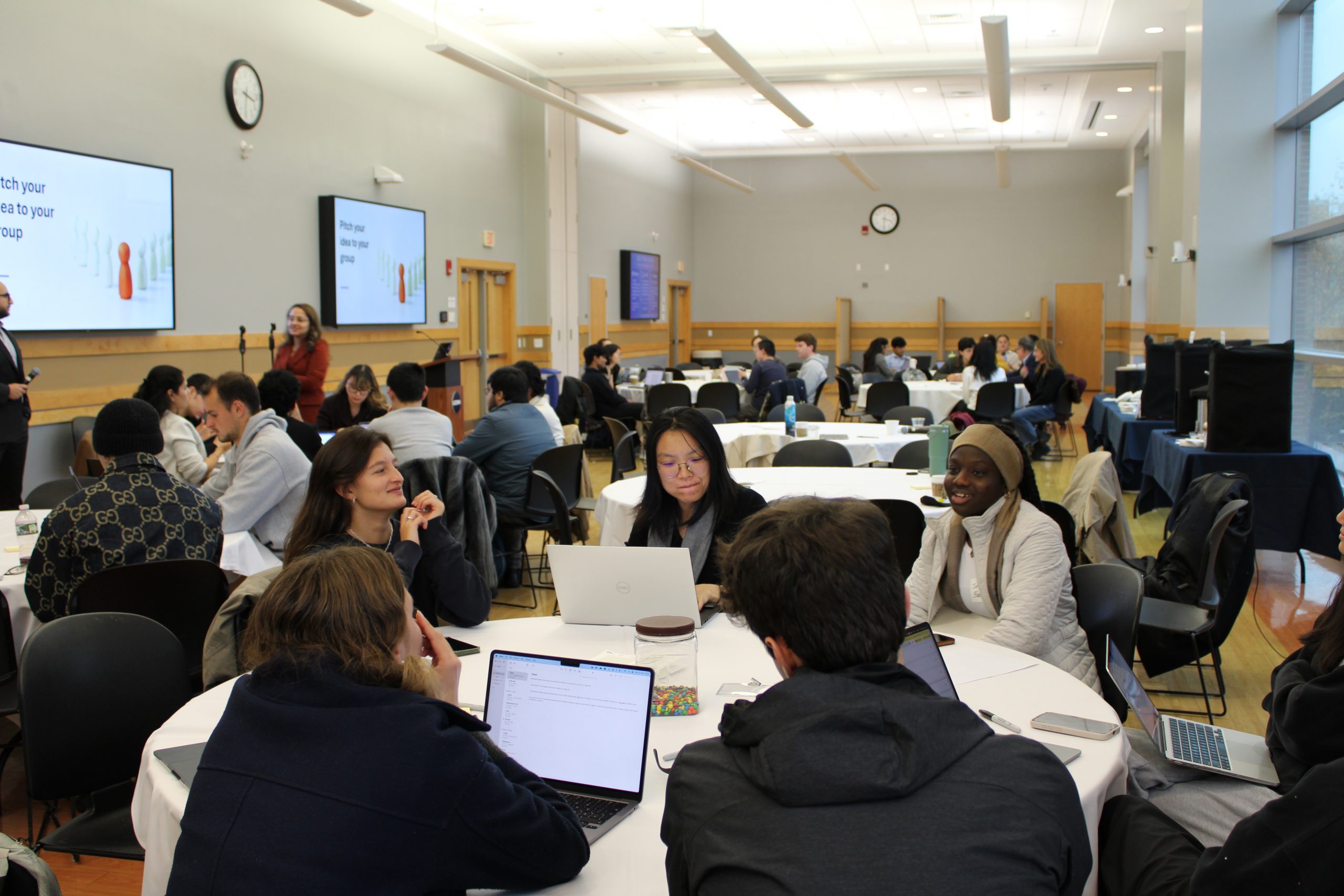
On April 7, 1957, the Rev. Dr. Martin Luther King, Jr., delivered a speech called “Birth of a New Nation” at the Dexter Avenue Baptist Church in Montgomery, Ala., in which he called for a positive and lasting peace in the presence of brotherhood and justice.
This powerful, motivational entreaty is the basis for UConn’s 2011 observation of Dr. King’s birth. The theme of the celebration, which will take place at 4 p.m. on Monday, Jan. 17 in the Student Union Theater, is “Trials, Tragedy, Triumph: The Beloved Community of Rev. Dr. Martin Luther King, Jr.”
The keynote speaker is Professor Amii Omara-Otunnu, the United Nations Educational, Scientific and Cultural Organization (UNESCO) Chair in Comparative Human Rights. He will be joined by UConn’s Voices of Freedom gospel choir and by Hartford’s Martin Luther King Middle School choir.
In reflecting on the importance of this celebration, and in reviewing the impact of the civil rights movement on higher education in this country, Provost Peter Nicholls says: “A key feature of higher education in the United States is its accessibility to all. This was not always the case.
“The United States went through two major changes to reach its present situation of open access admissions. The first was the creation of the land-grant university system in the late 1800s, whose primary mission was to reach out and engage the citizens of the state. UConn is such an institution and we have a proud tradition of outreach to the citizens of the state of Connecticut.

But equally as notable were events that took place in the early 1950s through the 1960s, events shaped by the Civil Rights movement and arising from a series of landmark Supreme Court decisions that mandated access to higher education for people of color.
“It’s very hard for me to realize that when I was a child back in the early ’50s, much of higher education, certainly in the South, was separate and very unequal. The state of Texas had a “blacks only” law school. Its facilities comprised three classrooms and three teachers. The great African-American jurist, Thurgood Marshall was rejected by the University of Maryland Law School because they did not admit non-white students.
“These events are recent, they are within my lifetime, and it is staggering to think that in such a short period of time, through the work of the Civil Rights movement, through the work of people such as Thurgood Marshall and many thousands of others, we have reached a point where universities in this country are going to great lengths to recruit people of all racial and ethnic backgrounds, and where the notion of diversity amongst faculty and amongst students is measured by accrediting agencies across the country as a key component of an institution’s fitness to award higher degrees.
“Of course, there is much more to be done, but higher education is vastly more accessible to the citizens of this country than it was a mere 40 or 50 years ago.”

Angela Rola, director of the Asian/American Cultural Center, says of Martin Luther King, “We sometimes want to relegate Dr. King to one particular community, but he opened the door for all oppressed and under-represented people … Asians, Latinos, Native Americans … we all benefitted, not just the Black community. As we look at race relations and the changing face of America, our outlook and attitudes have changed, as we function in a country that is becoming a nation of majority/minority people. The difference is that, because of the civil rights movement, minorities are now included at the table discussing those changes.”
While the civil rights movement of the 1950s and ’60s may seem like a long time ago today’s students, many appreciate the efforts of Martin Luther King and others who fought for equality. Autumn Alston ’12, who is majoring in political science with a minor in human rights, says, “There is a quote that I have always loved and tried to live my life by: ‘If you don’t stand for something, you’ll fall for anything,’ and Dr. King embodies this quote for me. He is a constant reminder that because he fought for the voiceless, I have a voice that I must use to fight against injustice when I see it. If I fail to do so, I will have debased his legacy, and I just can’t do that.”
Lee Aggison, interim vice provost for graduate education and dean of the Graduate School, approaches the civil rights movement from the perspective of educator, university administrator, and parent of two children. An associate professor-in-residence of molecular and cell biology, Aggison and his wife, Ruth Washington, also an associate professor-in-residence molecular and cell biology, were recruited not only to teach and conduct research, but to find ways to attract students from traditionally underrepresented groups into science Ph.D. programs at UConn.
He says one of the results of the civil rights movement is that race relations have changed so much, at least in parts of the country, many young people are not even aware of the struggles of Dr. King and his contemporaries.

“The issue has become less about color and more about class and education level. Color is a biological marker you can identify immediately, but how you dress, your level of education, the car you drive, and the job you have puts you into different classes and determines your experiences and how society interacts with you.”
He says that despite the opening up of educational opportunities for minorities as a result of the civil rights movement, perceptions of black people in society today are shaped by the media.
“Kids interact in the world through the people they know and those they see in the media,” he says. “What’s celebrated in this country are [black] athletes and performers.”
That’s not automatically a bad thing, he says, but he constantly reminds both his own children and UConn students that there is a world of opportunity waiting for them if they’ll work hard and take advantage of their opportunities. “CNN rarely features minorities who have attained academic excellence and wonderful careers,” he says, “but they exist and they deserve to be noticed.”
And equality of opportunity has not yet been fully realized, Aggison says. “On the surface it may seem that we are in a post-racial society, but the reality is that poverty, lack of education, lack of health care, lack of access to jobs seem to disproportionately affect people of color, so we’re not ‘there’ yet. That’s why encouraging minority students to pursue graduate study is part of my job.”
He says the University is making progress in that area, but there is still more to be done: “In the past five years, graduate applications from minorities have increased more than 75 percent. The admittance rate hasn’t increased to that level, but we’re working on it.”

Willena Price, adjunct professor and director of the African American Culture Center, recognizes that the civil rights movement and Martin Luther King’s leadership may seem like ‘ancient history’ to today’s college students, but she also believes that young people really do ‘get it’. “They may not understand all the historical details of the civil rights movement,” she says, “but what they do understand is that in this day and time, there are still issues regarding racism, sexism, homophobia, and other forms of discrimination that are simply not acceptable.
“For me, in terms of Martin Luther King Day,” she says, “I’m a ‘glass half full’ type of person. I absolutely believe that people are trying harder to understand each other and to get along. I look at the horrible shooting in Arizona, and then I see how people everywhere have pulled together in a sense of community, and that is just what we’re talking about in this year’s MLK celebration.”
History professor and associate dean for the humanities in the College of Liberal Arts and Sciences Jeff Ogbar is an expert on Black Nationalism and social protest. He says the legacies of the civil rights movement are palpable throughout society.
“One of the challenges I experience as a historian is expressing the degree to which the United States has been changed by the civil rights movement. Students often reduce the issues of race in the U.S. to segregation and the existence of separate water fountains for blacks and whites. So white supremacy is manifested by the most innocuous things.
“We think of King as marching so people could sit next to each other on a bus or use the same water fountain, and that trivializes his life and the challenges he faced. When you understand the violence and the terrorism … the pressure from the State … the fact that he was beaten and put in jail, beaten and put in jail, and then beaten and put in jail again … and he was a peaceful person … then you begin to understand the challenges he faced and you have a deeper appreciation for the gravity of the moment. You can begin to see what King’s actions meant and how the landscape has changed.

“I think the point of King’s message and why it resonates so much is that he had an unequivocal faith in the human spirit,” Ogbar says. “He believed that a barbarian could become civilized. There’s a universal message there that transcends time and place. I hope that it never gets old.”
History professor and human rights expert Amii Omara-Otunnu says Martin Luther King’s legacy has a reach that is not only historical but global. The theme of this year’s observation is “The Beloved Community of Dr. Martin Luther King,” and in his keynote speech, Omara-Otunnu will explore King’s legacy as a person who not only drew upon his experiences in his home country but was also influenced by the teachings of Mahatma Gandhi and his own experiences when he traveled to Ghana.
“Our challenge is to transcend our own conditioning,” Omara-Otunnu says, “and Martin Luther King did just that. He grew and he changed and he came to believe that a person should not be judged not by the color of his skin but by his moral character. He believed that injustice anywhere is injustice everywhere.”
In his remarks, Omara-Otunnu will explore opportunities to make a difference through informed empathy … caring about others in the ‘global village’ in which we live.
Related story:
UConn Alum Premieres Musical Work Honoring Martin Luther King


